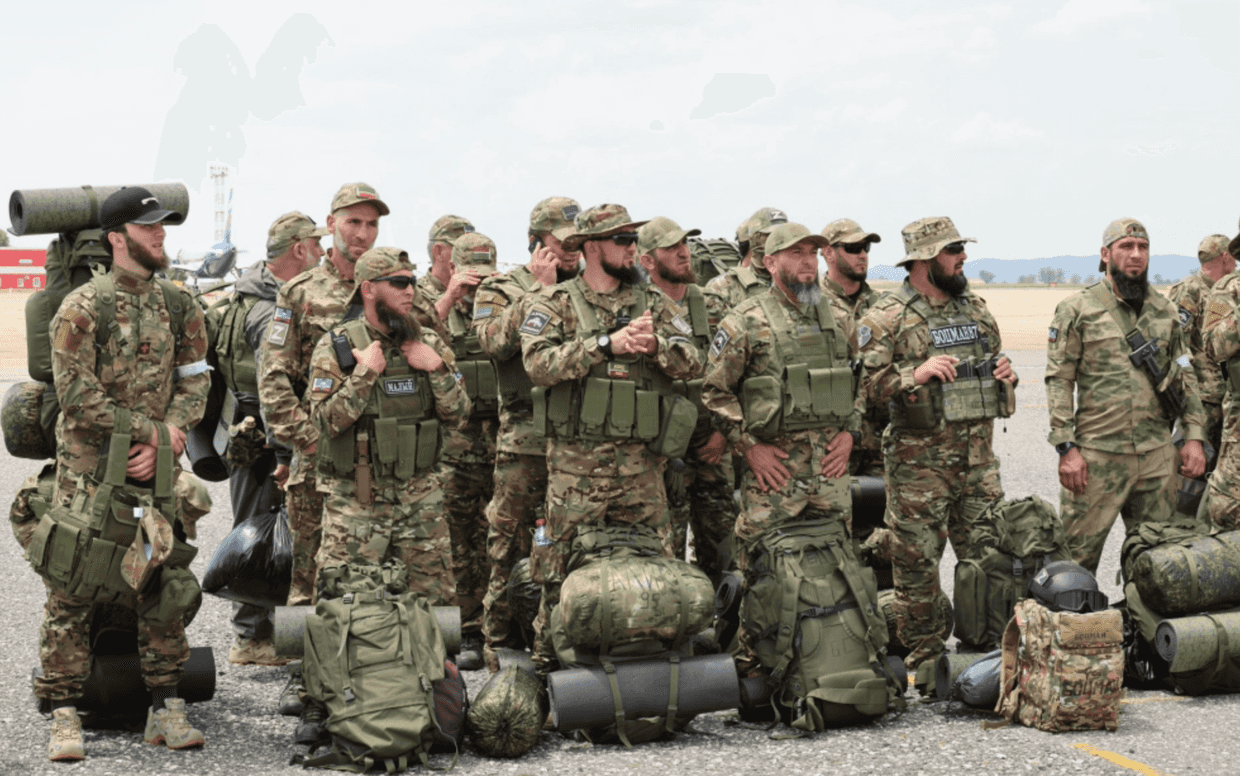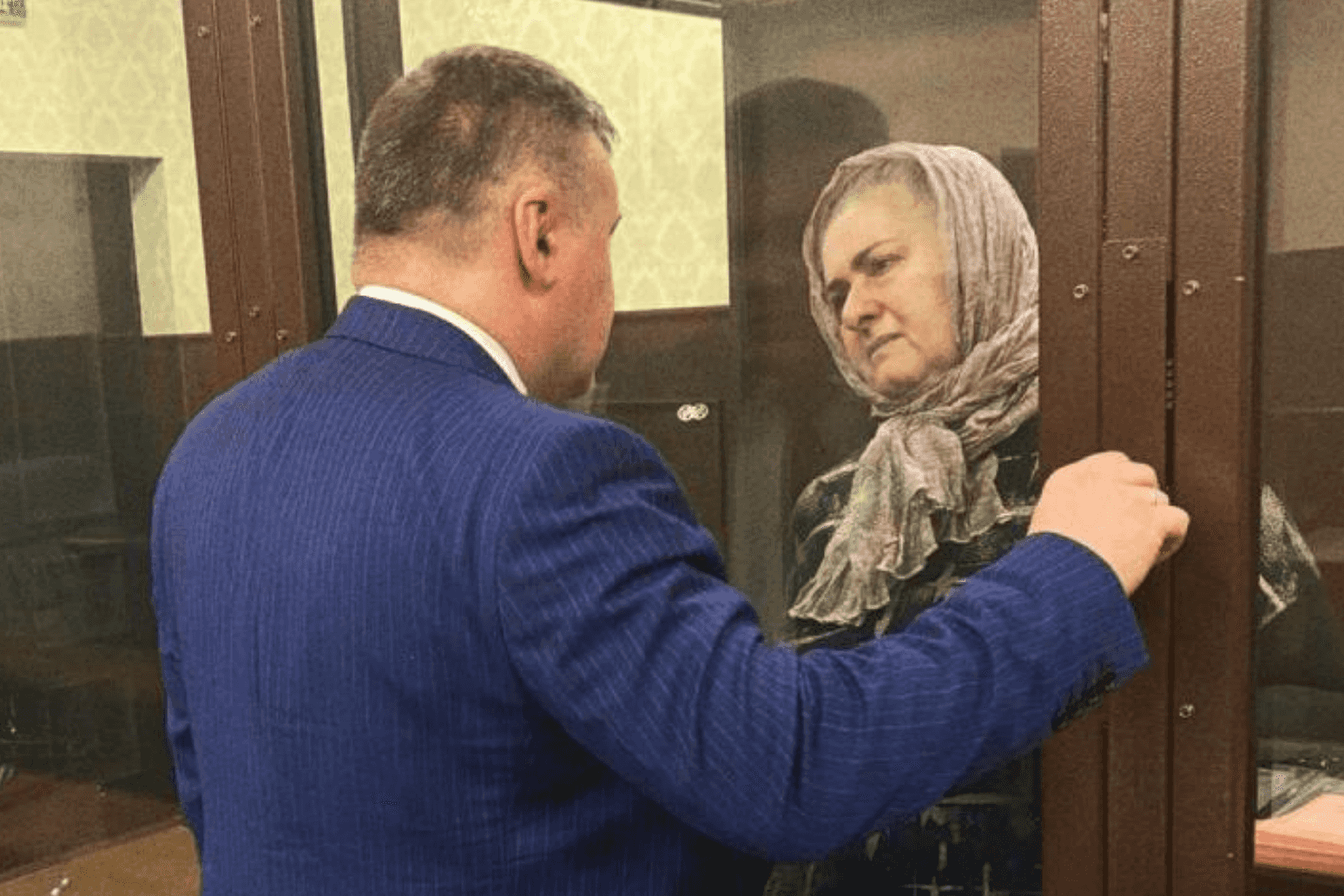
The republics of the Russian Federation in the North Caucasus have switched to a mode of ‘high alert’ because of the coronavirus pandemic. Educational institutions have been shut down or moved to non-compulsory attendance and distance-learning. There have also been reports of residents panic buying both food and medical supplies.
Since 17 March, schools in Chechnya, Ingushetia, North Ossetia, and Karachay-Cherkessia have been closed. In Kabardino-Balkaria, school attendance has been made non-mandatory, spring break begins next Monday.
At the moment, the school closures are expected to last until 27 April.
In Adygea, schools continue to operate as usual, but the premises are regularly disinfected and entrance control has been ‘strengthened’. In pre-schools in Adygea, attendance has been made non-compulsory.
In Daghestan, non-compulsory attendance was introduced in pre-school organizations for the period from 18 March to 1 May, and in general education institutions — before the start of spring break.
According to the Ministry of Education of Daghestan, after the break, schools will continue their education in the context of enhanced preventive measures, or remotely — depending on the epidemiological situation in the republic.
All universities of the North Caucasus region, like all other universities in the Russian Federation, switched to distance learning.
In Daghestan, as well as in Karachay-Circassia, all cultural events where more than 50 people were planning to attend have been temporarily banned from 17 March until 10 April.
The Ministry of Physical Culture and Sports of Daghestan cancelled all sporting events due to the threat of the spread of coronavirus in the republic. The Muftiate of Daghestan urged the imams of mosques to halve the time of Friday ceremonies, and worshipers were advised to avoid handshakes.
In Adygea, a restriction has been introduced on holding mass events with the participation of more than 300 people. For arrivals from abroad, a two-week self-isolation at home is recommended, as well as a home visit from a doctor.
In Ingushetia, all mass events have been cancelled until 1 May, and three people are currently observation in self-isolation.
In Kabardino-Balkaria and North Ossetia, mass events have also been banned.
Since 16 March, air travel between Chechnya and Turkey has been stopped.
Grozny International Airport is obliged to organise the repatriation of all residents of Chechnya residing in Turkey within three days of the flight ban.
Price spikes
On 17 March, a number of posts were made on social networks about queues at grocery stores in Chechnya and in the city of Khasavyurt, Daghestan.
Chechnya Head Ramzan Kadyrov, assured the public that there is enough food for everyone.
Kadyrov also urged everyone to calm down and not give in to ‘provocations’ and ‘panic’, and vowed that the coronavirus would not reach Chechnya.
On 18 March, a representative of the Khasavyurt administration told OC Media that the demand for goods had indeed grown, but that they do not expect a shortage of products, as there are enough goods both in the wholesale distribution centres and in the warehouses.
According to the administration, the delivery of goods will continue without interruption.
A representative of the Khasavyurt administration also said that the municipality was investigating claims by residents that prices on potatoes, onions, and flour had doubled in local markets.
The Ministry of Agriculture and Food of Daghestan told OC Media that an operational headquarters has been set up in Daghestan to control and monitor the situation in the food markets of the republic, which will constantly analyze the volume of food and prices in retail chains.
The ministry has said that they are confident that since the beginning of 2020 there has been no significant increase in food prices in Daghestan.
Zero infections
No cases of coronavirus infection have yet been recorded in the North Caucasus.
The Federal Service for Surveillance on Consumer Rights Protection and Human Wellbeing of Daghestan told OC Media that since the beginning of February, over 130 people have been tested for coronavirus in the republic including both those who arrived from abroad and those who have severe pneumonia — no cases of the virus were detected.
The Ministry of Health of Dagestan urged the population not to succumb to panic and fear, as a ‘stressful state also lowers one’s immunity’.
The ministry has also said that medical facilities have created a stock of all necessary medicines and supplies in case of an epidemic.
The Ministry of Health of Daghestan reported that in recent days, most of the residents of the republic are interested in the problem of the shortage of masks that the whole country is experiencing today.
The reason for this, according to them, was a coronavirus panic among the population due to which people began to buy medical masks, while some bought in bulk with the purpose of reselling the masks for a profit.
According to the ministry, the Federal Antimonopoly Service in conjunction with the Federal Service for Surveillance on Consumer Rights Protection and Human Wellbeing are looking into overpriced masks and their absence in pharmacies.









